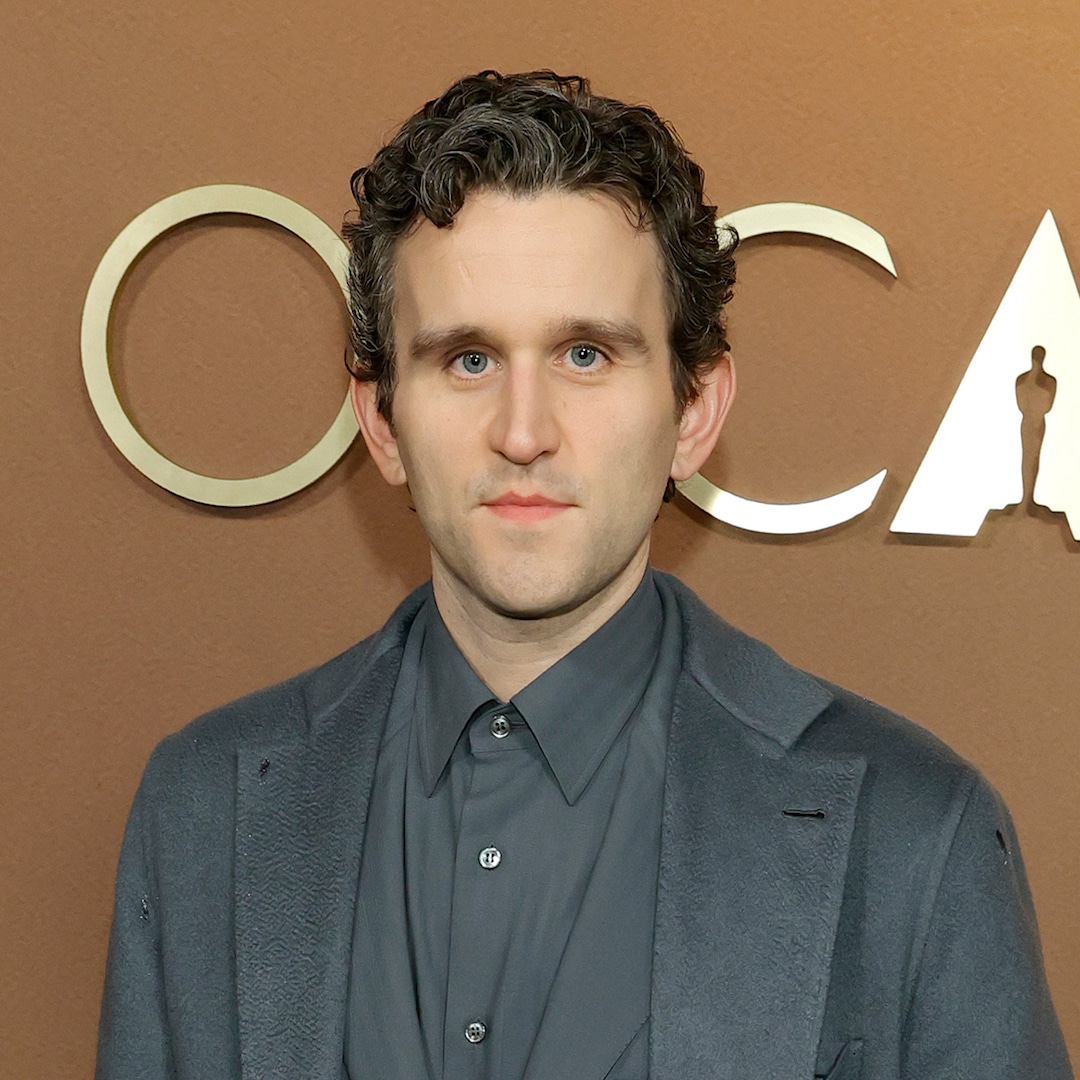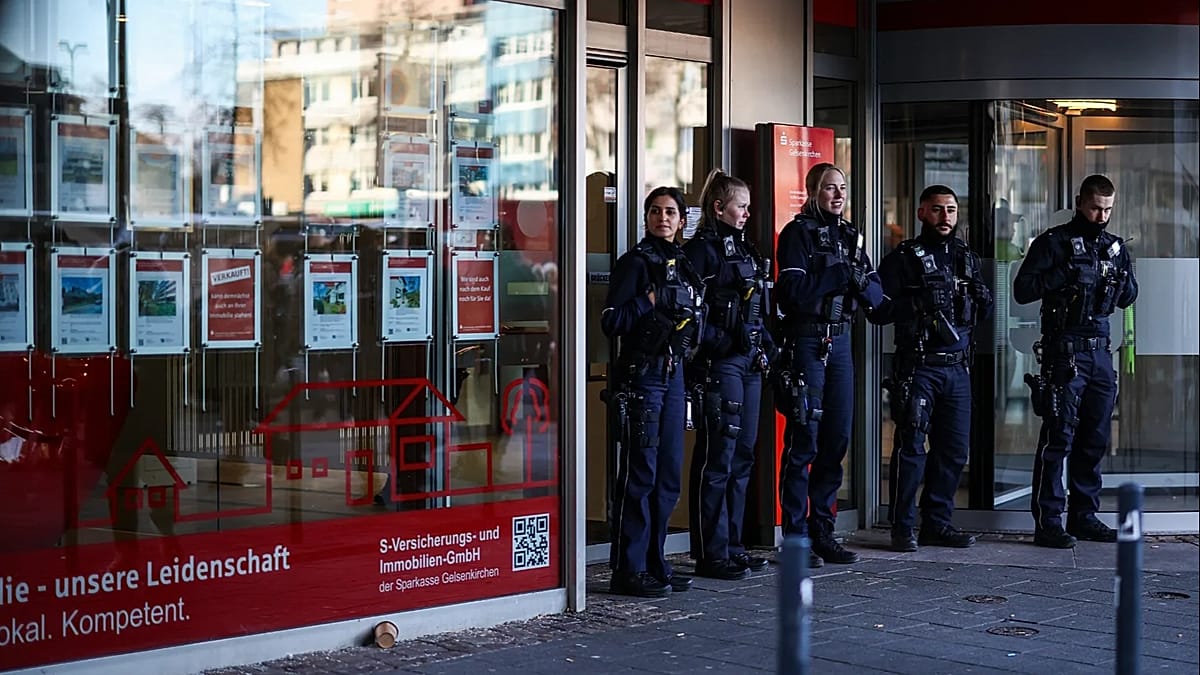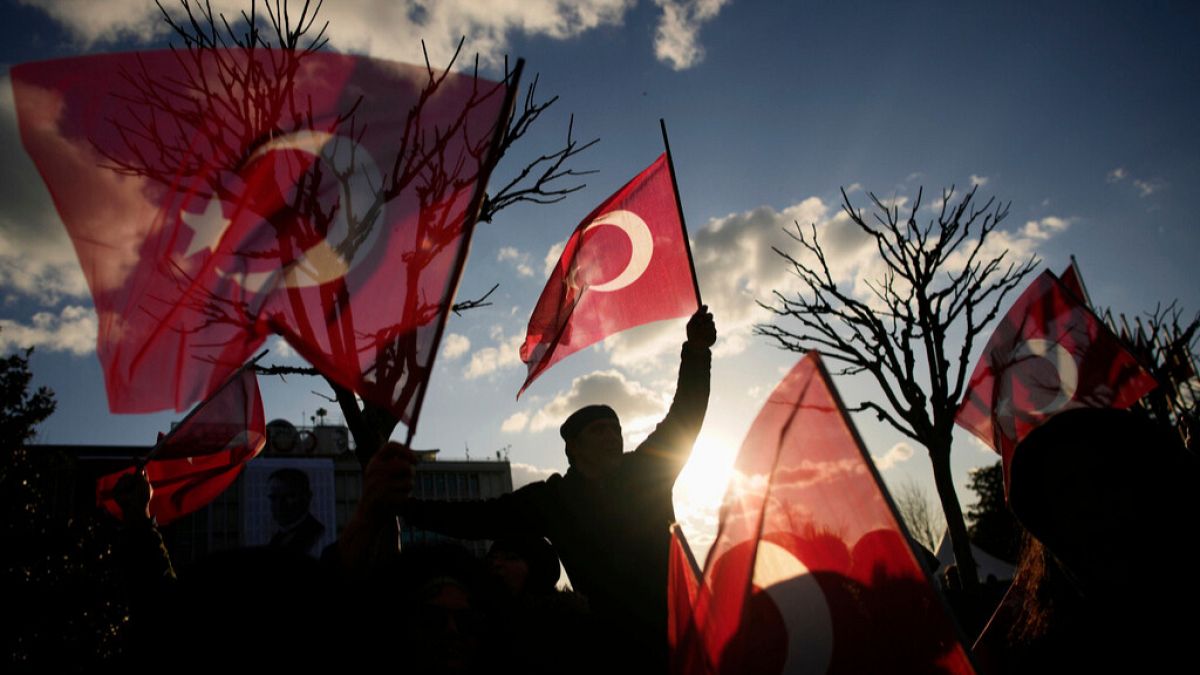Analysts: ANO’s victory is not good news for Brussels, however Babiš is not Orbán

Brussels – The victory of Andrej Babiš in the Czech parliamentary elections is not good news for Brussels, but it will depend on the final shape of his government, analysts contacted by ČTK stated. The Czech ex-prime minister co-founded a political faction called Patriots for Europe with Hungarian Prime Minister Viktor Orbán and is often compared to him; however, according to Brussels experts, Babiš is not such an ideologue or a strongly eurosceptic strategist, but rather a pragmatic politician. This could suggest that there may not be a radical shift in Czech foreign policy.
“The victory of the ANO movement is not surprising in itself; it is rather a confirmation of a long-term trend. Babiš has very effectively managed to exploit the dissatisfaction of a large part of Czech society with the current government, which was perceived by many as detached from the problems of ordinary people and too technocratic,” said Martin Vokálek, head of the Brussels branch of the Czech institute Europeum. According to him, ANO managed to transform this frustration into mobilization of its voters and, at the very end of the campaign, attracted some supporters from “extremist and protest parties, especially SPD and Stačilo!”.
This fact could suggest that voters do not want a complete change in the direction of the country. “Czech society has shown that it longs for change and different leadership, but at the same time still does not want a complete departure from the democratic framework and the country’s European orientation,” Vokálek said. “In foreign policy under the leadership of the likely future Prime Minister Babiš, I do not expect a fundamental or radical shift, although here too it will depend to some extent on the final shape of his government,” he added, stating that “there will definitely be a change in tone, style, and priorities.”
Babiš is not, according to the Brussels expert, an ideological eurosceptic; he is more of a pragmatist who uses the European agenda for domestic politics. “He will emphasize national interests more, European solidarity less, and will likely limit Czech proactivity in foreign policy issues, for example, in support of Ukraine,” Vokálek added.
According to Belgian political scientist Jean-Michel De Waele from the Brussels university ULB, the election result is “an undeniable victory” for Andrej Babiš, but it is not “a political earthquake.” “We will see what coalition Babiš will be able to build; in any case, it will be complicated,” the political scientist stated.
“As for the impacts on the European Union, it is definitely not good news; champagne is certainly not popping in Brussels,” De Waele stated. Babiš at the head of the Czech government could complicate the building of a stronger and more united Europe from economic, social, and military perspectives. “However, Andrej Babiš is not Viktor Orbán. Orbán is an ideologue; he has his vision of the world and is extremely stable in his thinking. I do not think Babiš is an ideologue. He is characterized by pragmatism and the fact that he goes where his interests lead him,” the Belgian political scientist told ČTK. Babiš’s pragmatism leaves the European Union room to reach agreements with him on certain issues, believes Brussels political scientist De Waele. (October 4)












































